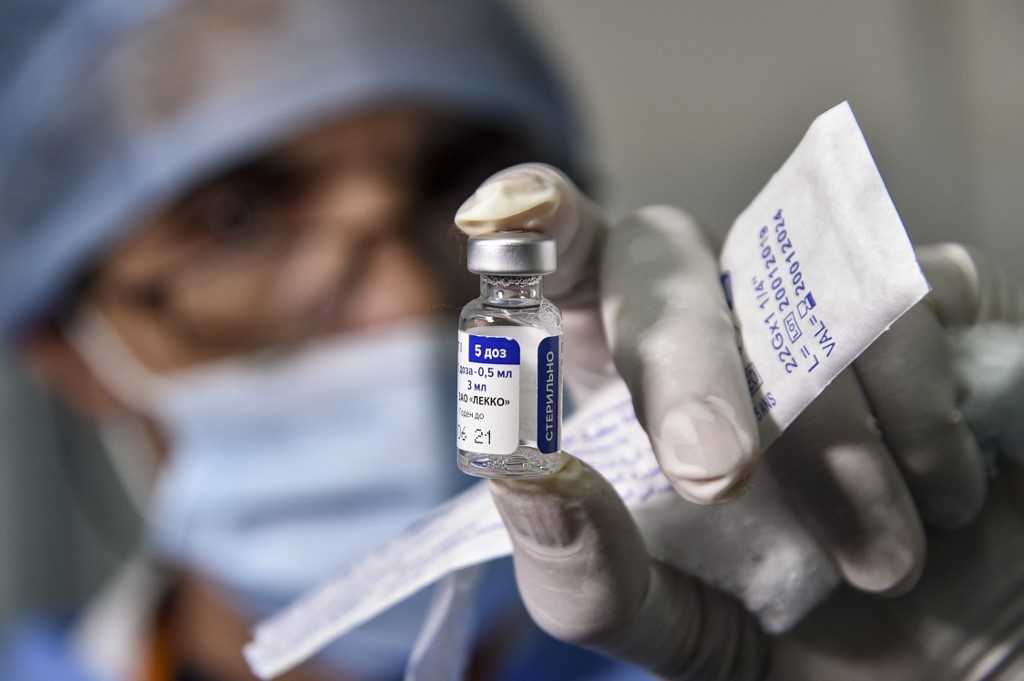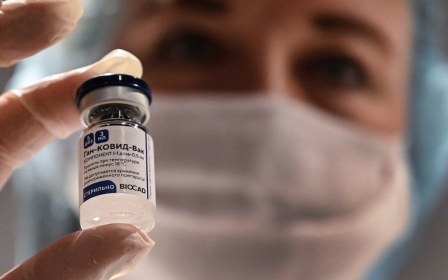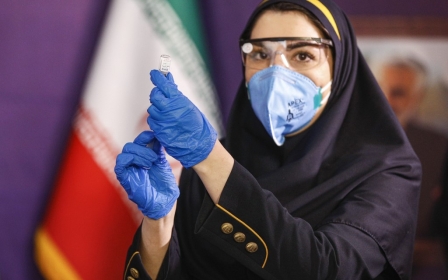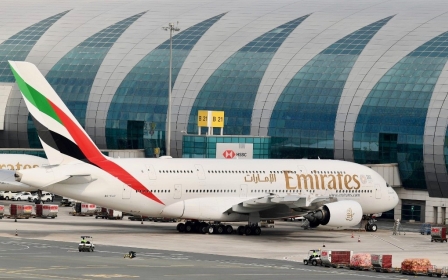Algeria begins Covid-19 campaign with Russian vaccine

Algeria launched its coronavirus vaccination campaign on Saturday with the newly arrived first shipment of Russia's Sputnik V vaccine.
The campaign began in northern city Blida, the epicentre of the country's Covid-19 outbreak in March 2020.
Official news agency APS cited Health Minister Abderrahmane Benbouzid saying the country was working on acquiring enough vaccines for the country's 44 million people and to cover "without exception".
Some 8,000 health centres have been mobilised to roll out vaccinations, starting with medical workers, the elderly and people with chronic health conditions.
From Sunday, security and civil protection personnel, workers in the education sector, religious leaders, politicians and journalists will also start to receive the jab.
New MEE newsletter: Jerusalem Dispatch
Sign up to get the latest insights and analysis on Israel-Palestine, alongside Turkey Unpacked and other MEE newsletters
The campaign kicked off at a clinic in Blida province, which was hard hit by the virus after Algeria's first infection was recorded there in a citizen travelling from France.
The country has since recorded 2,888 deaths from Covid-19, as well as over 107,000 infections, including President Abdelmadjid Tebboune, who was hospitalised in Germany for two months from late October after contracting the disease.
Algeria is expecting a first shipment of the vaccine developed by Anglo-Swedish pharmaceutical giant AstraZeneca on Sunday and has also procured doses of vaccines from China and India, according to Communications Minister Ammar Belhimer.
Authorities on Saturday also decided to ease coronavirus measures by lifting a curfew in 10 provinces.
However, in 19 provinces, a curfew between 8 pm and 5 am remained in force, with markets, sports halls and recreation centres closed.
Algeria, the largest country in North Africa, closed its borders on March 17 and has yet to reopen them.
Middle East Eye delivers independent and unrivalled coverage and analysis of the Middle East, North Africa and beyond. To learn more about republishing this content and the associated fees, please fill out this form. More about MEE can be found here.




